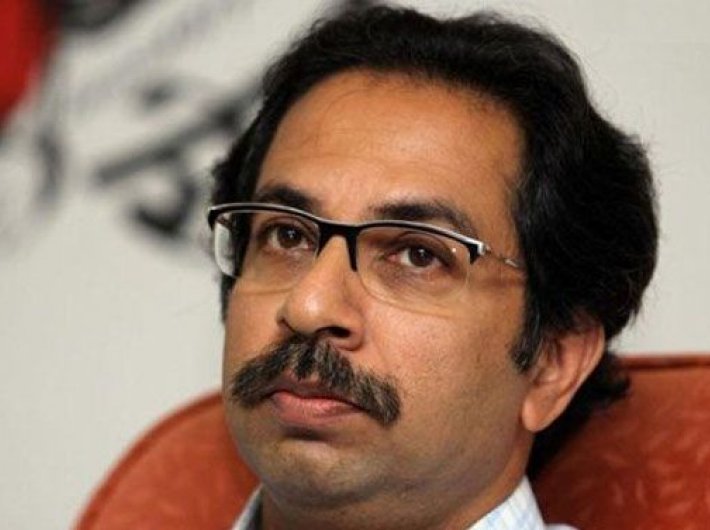With two major parties calling off alliances with their political partners days before filing nominations, the battle for Maharashtra assembly has turned into the infamous sultry Mumbai weather of October.
When Saamana, the Shiv Sena mouthpiece, published an editorial by party chief Uddhav Thackeray on September 13, saying “too much demand for sex can lead to divorce” in the context of ally BJP’s demand for higher share in seats, the statement was dismissed as a mere threat. Though Thackeray was only referring to a recent family court judgment in a particular case, the writing on the wall was clear. Events that unfolded over the last few days proved that the threat was not unfounded.
The silver jubilee of the BJP-Shiv Sena marriage ended last Friday after the latter’s insistence on contesting 151 seats, with the chief minister candidate, too, coming from the party. The BJP, presumably, did not agree. Besides, many leaders in both parties felt they could win even if they went independently.
The split, though, has left supporters and voters in a quandary.
Not long after the split, the ruling Congress-Nationalist Congress Party (NCP) alliance went down the same path. The Sharad Pawar-led NCP, which had formed three consecutive governments in Mumbai with the Congress, also wanted to pitch its candidates from more seats.
The NCP, which has for long felt that it had been denied the CM’s post in their 15-year alliance, was clear on its stand this time: an equal share of the 288 seats and having its own CM on a rotation basis. The idea was not acceptable to the Congress. Tensions between CM Prithviraj Chavan and his deputy, NCP’s Ajit Pawar, added to acrimony.
After 25 years, Maharashtra assembly is set to witness a multi-cornered contest on most of its 288 assembly seats. With the state expected to elect a hung assembly when the results are announced on October 19, political equations are changing by the day.
Post its stupendous victory in May 2014 parliamentary elections, BJP is confident that Namo magic will also work in the state hustings and so they don’t need to piggy back Sena to win peoples mandate and occupy chief ministers post.
Uddhav’s estranged cousin Raj Thackeray, who floated the Maharashtra Navnirman Sena (MNS) after walking out of the Sena in 2006 and won 13 assembly seats in 2009, was touted as an alternative but could not retain his magic subsequently. Speculation of the cousins coming back together has been put to rest with both SS and MNS fielding strong candidates against each other, especially in areas where each has a strong presence. This is likely to divide ‘Marathi manoos’ vote, and which in turn could work to the advantage of BJP.
Besides the nondescript presence of Samajwadi Party, fringe players like RPI, Swabhimani Shetkari Sanghatana ,Rashtriya Samaj Party, Shiv Sangram, Bahujan Republican Ekta Manch, All India Majlis Ittehadul Muslimeen is a new entrant in Maharashtra politics.
This apart, fear of a fractured mandate has resulted in political parties poaching candidates and wooing independents. A news report says this could result in tacit understanding of offering bigger posts within political parties or even money exchanging hands ahead of D-day – October 15.
In 2009, the Congress-NCP together won 144 seats (Congress 82, NCP 62) and the Sena-BJP combine won 90 seats (BJP 46, Shiv Sena 44).

